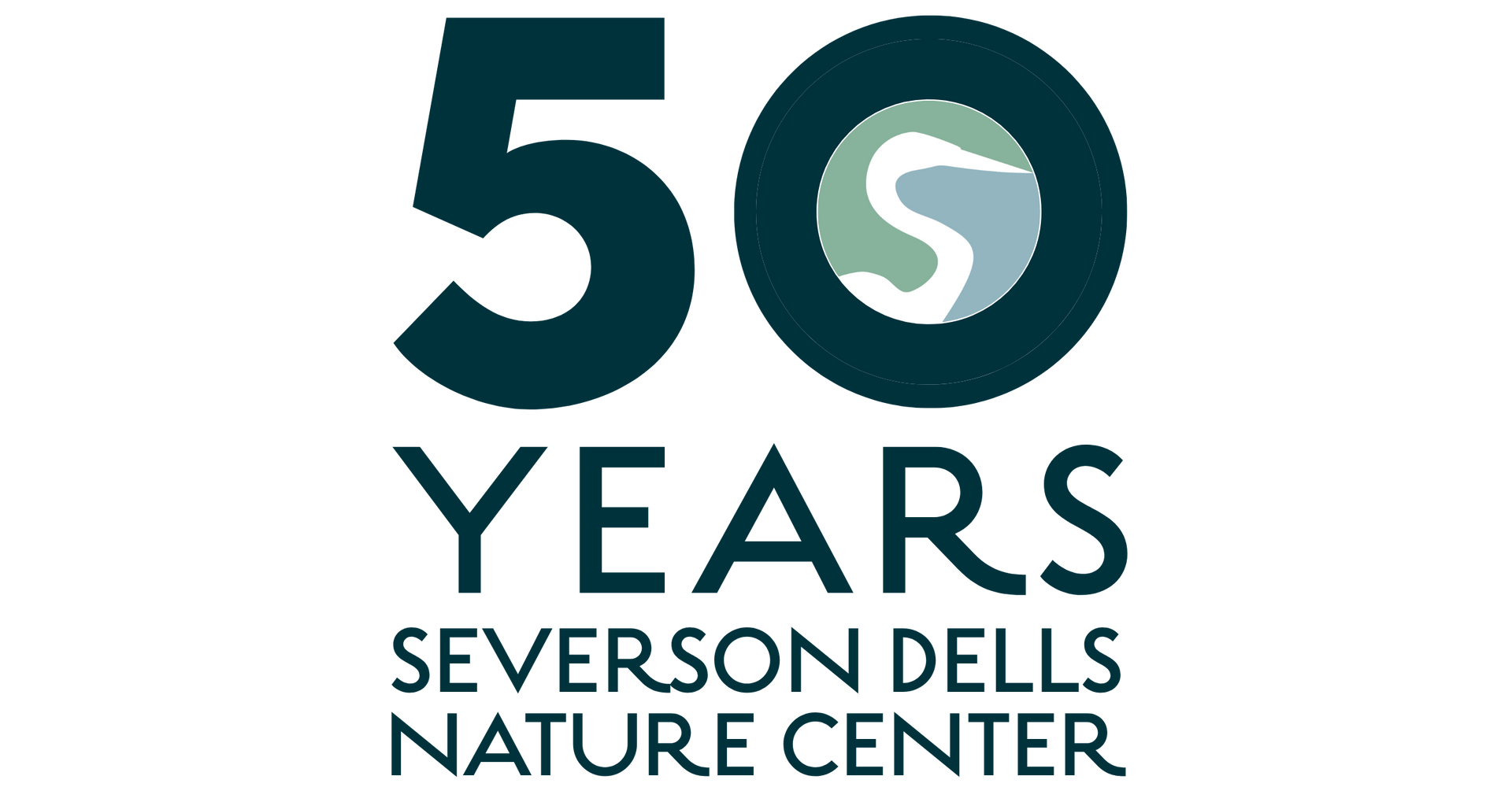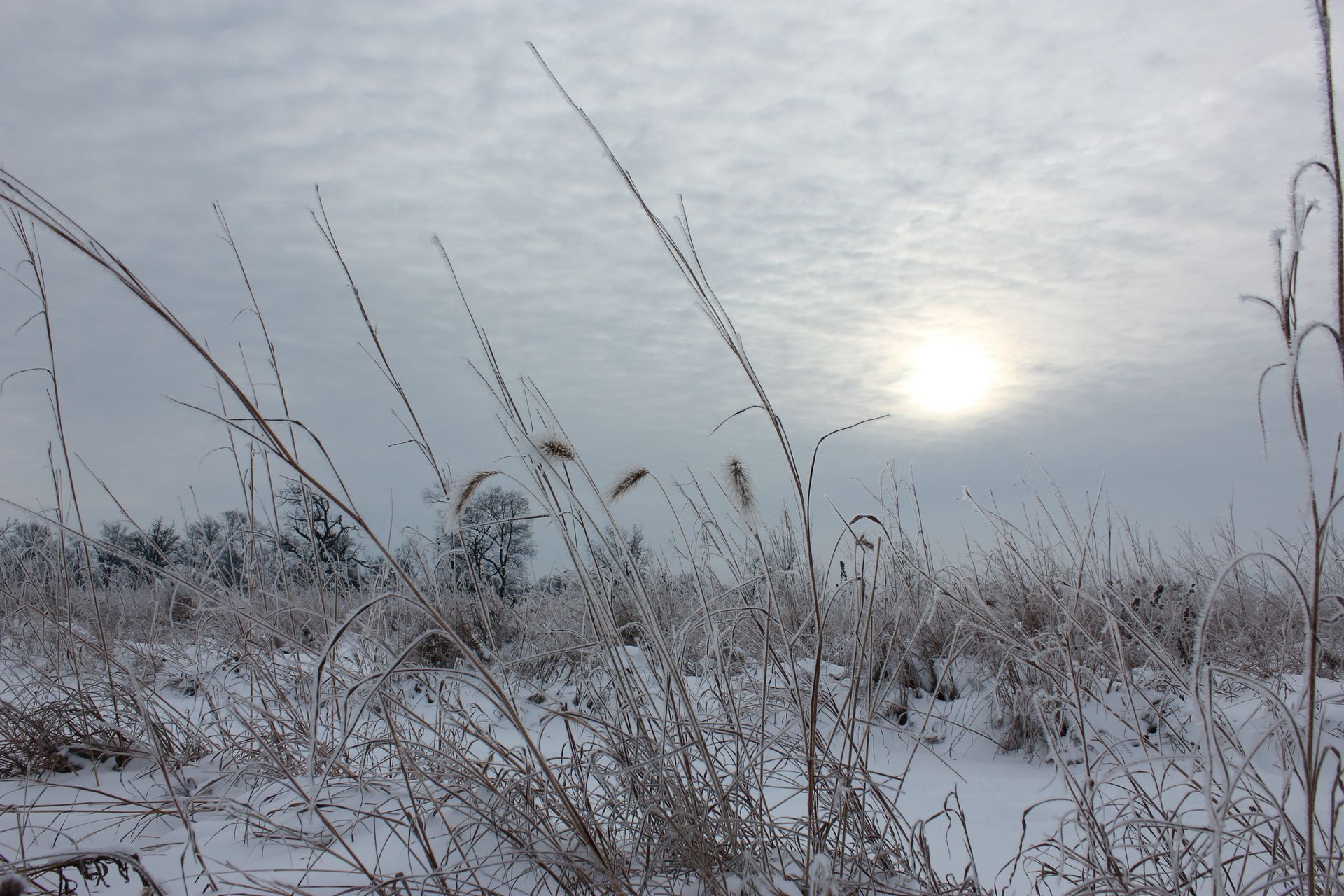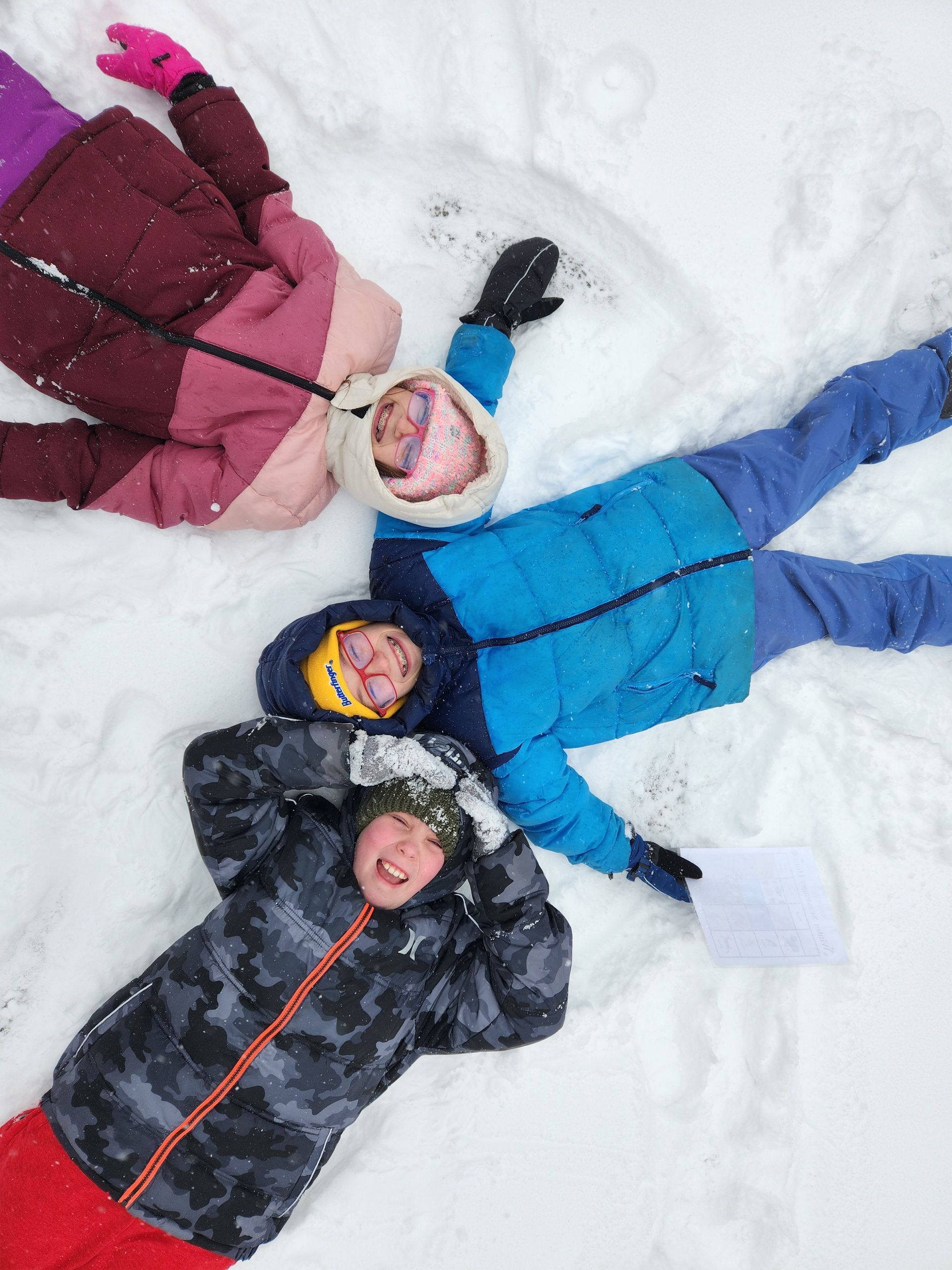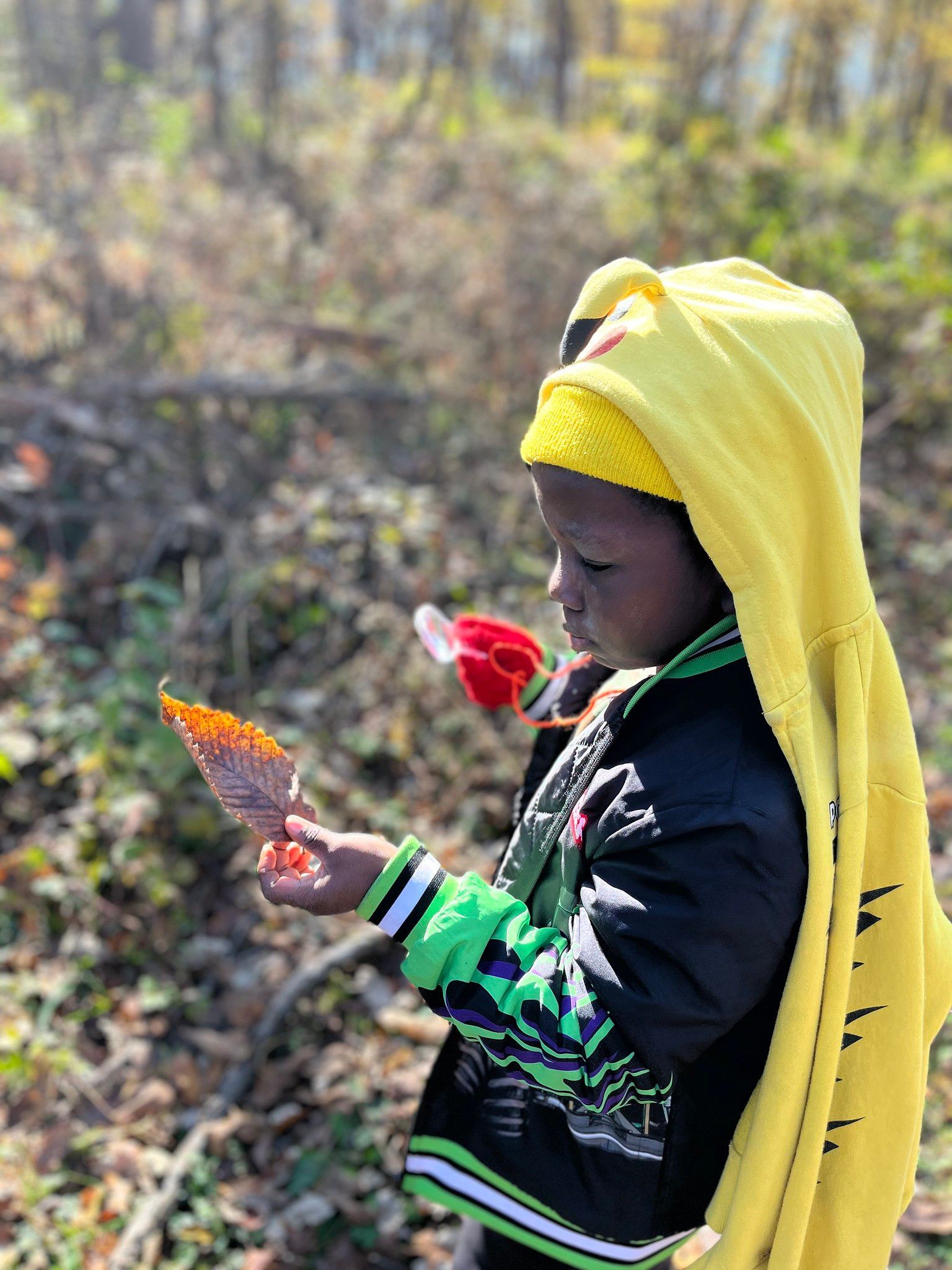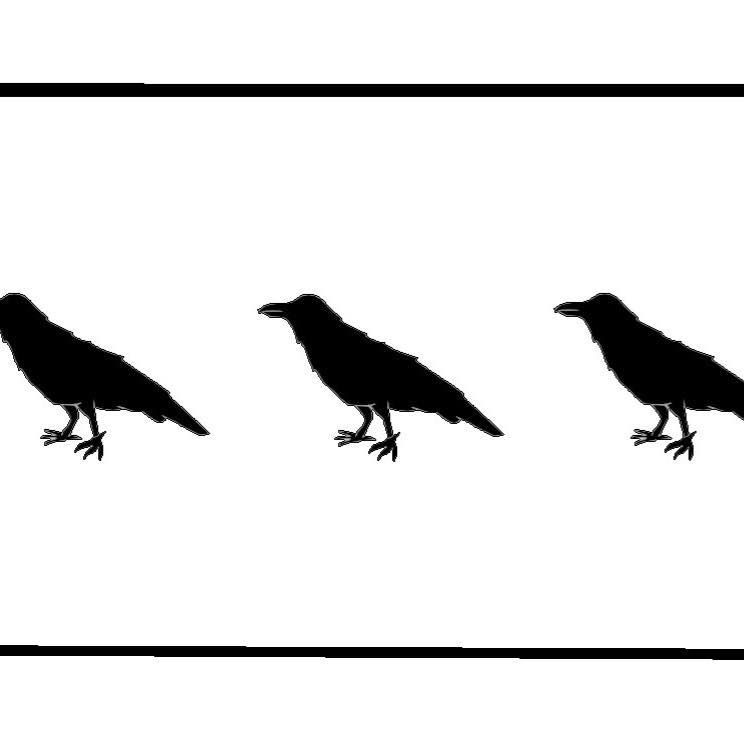FIELD NOTES BLOG
Meet Elly
Severson Dells' New School programs coordinator
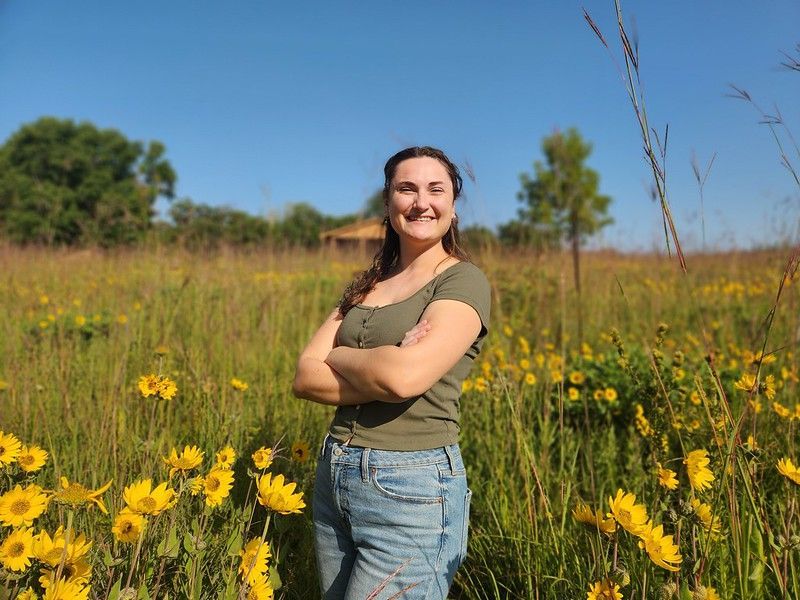
Hey everyone! My name is Elly Salazar and I am joining the Severson team as School Programs Coordinator! I am super excited to be here and have the opportunity to share my passion for environmental education. It is my belief that everyone can connect with something in nature and passionate people protect what they love.
I have a degree from Drake University in environmental science with an emphasis in biological conservation. My professional experience has taken me to some amazing places and I am grateful for everything I have learned! I have spent time educating in Florida at Loggerhead Marinelife Center, a sea turtle rescue and sanctuary, as well as Cosley Zoo here in Illinois working with ambassador animals.
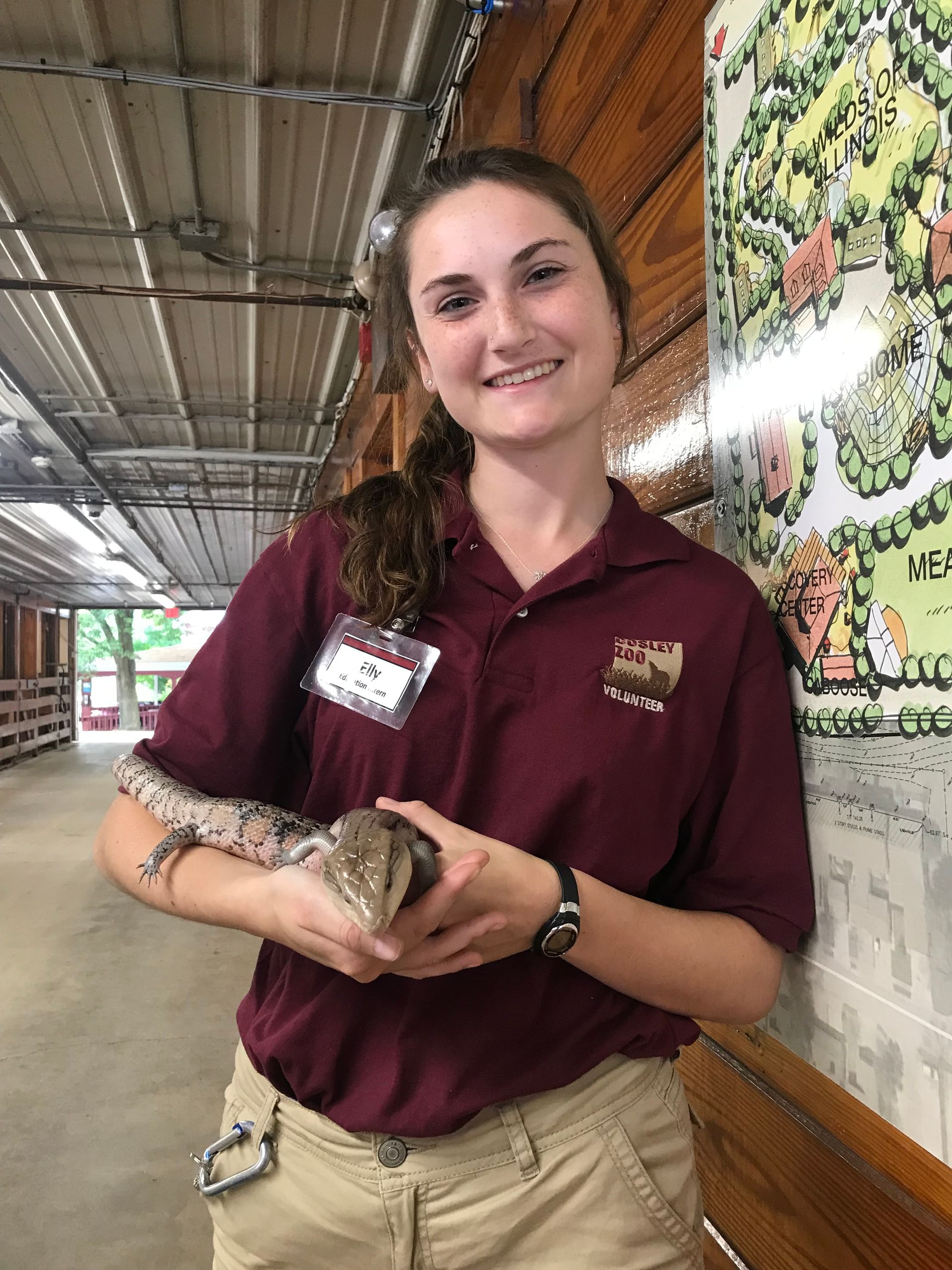
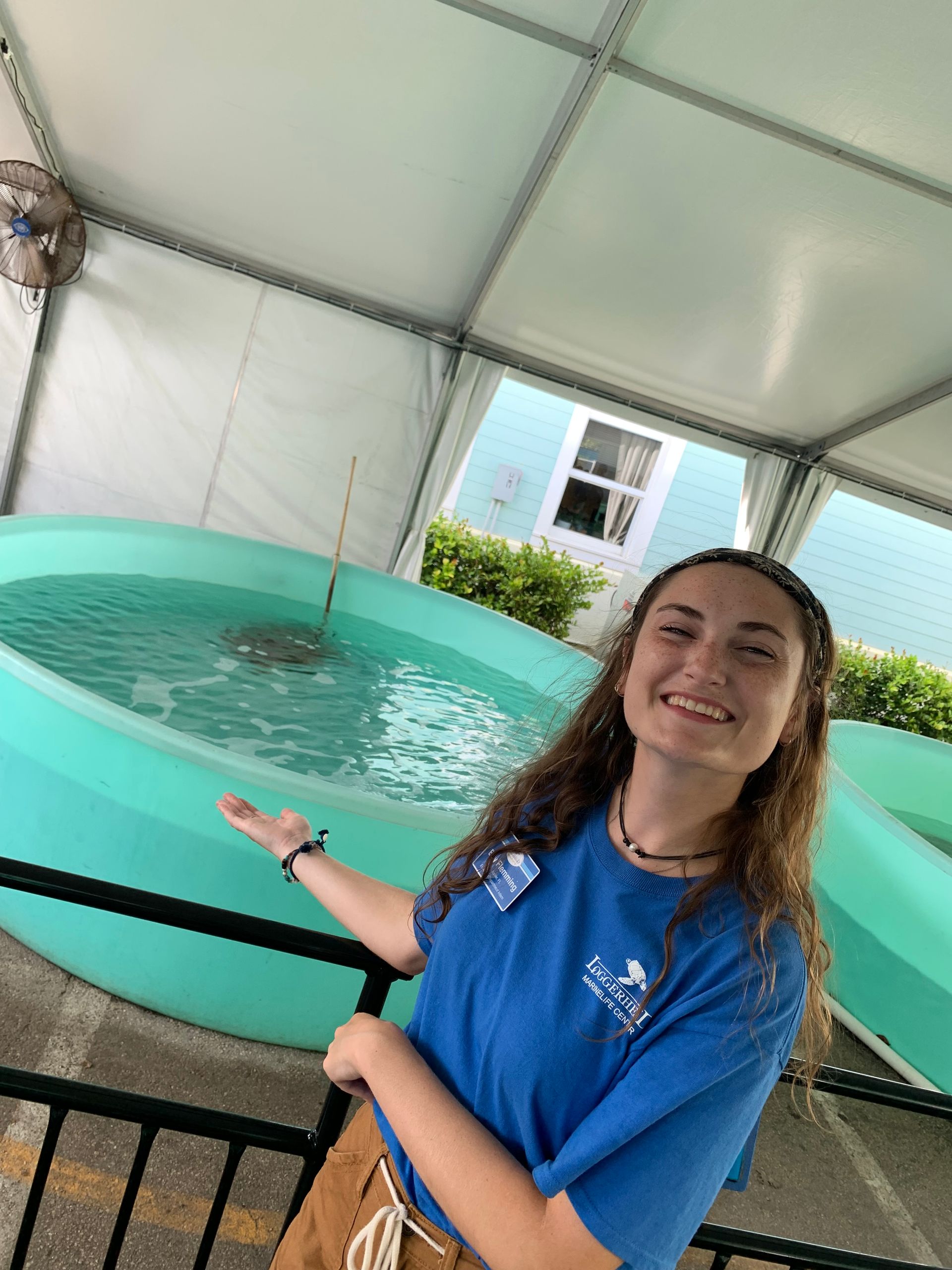
In my time outside of Severson, I always enjoy hiking but I particularly love searching for spring ephemerals or experiencing the beautiful colors of Illinois prairies. I also have three kitties, Onion, Sylphrena, and Bonsai that I love spending time with when I am not at my Nature Nerds book club or at the horse rescue I volunteer at.
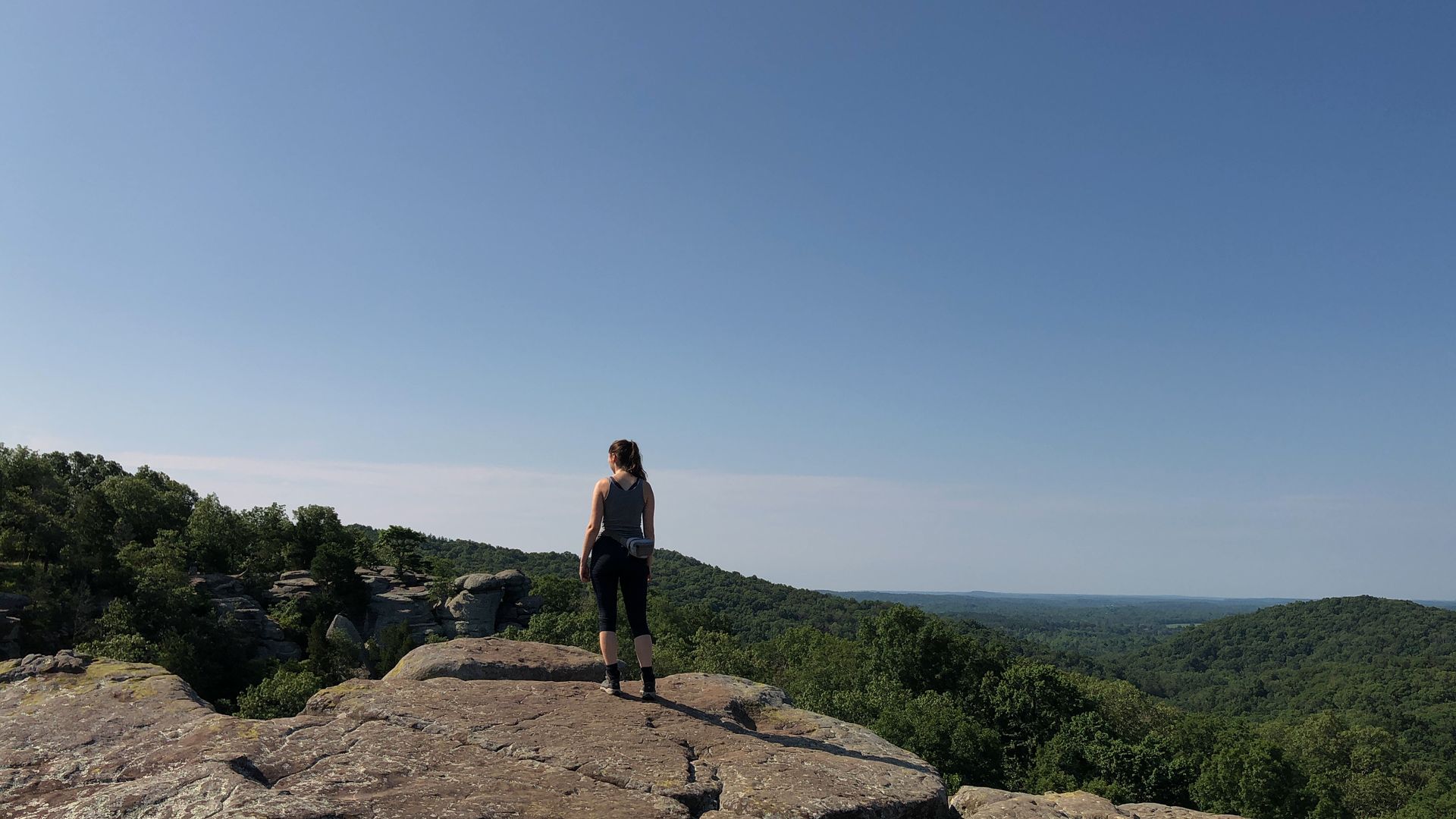
I can’t wait to meet everyone and continue educating here at Severson Dells!

